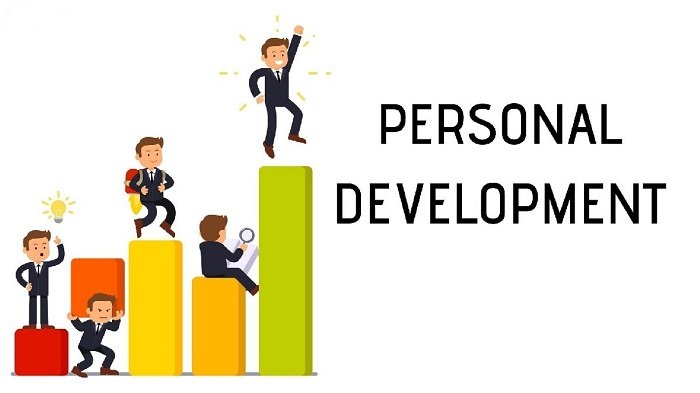Personal development is a transformative journey that empowers individuals to enhance their self-awareness, hone their skills, and unlock their full potential. This blog post explores the concept of personal development, its significance in various aspects of life, and practical strategies for embarking on this fulfilling journey.
Understanding Personal Development
- Defining Personal Development:
Personal development is the continuous process of self-improvement, both on a personal and professional level. It involves intentional efforts to enhance one’s skills, knowledge, and overall well-being.
- Holistic Approach:
Personal development encompasses various dimensions of life, including emotional intelligence, physical health, intellectual growth, social skills, and spiritual well-being. It emphasizes a holistic approach to self-improvement.
The Significance of Personal Development
- Self-Awareness:
Personal development fosters self-awareness, enabling individuals to understand their strengths, weaknesses, values, and motivations. This self-awareness forms the foundation for intentional growth.
- Adaptability and Resilience:
In a rapidly changing world, personal development equips individuals with the skills to adapt to new challenges, bounce back from setbacks, and navigate uncertainties with resilience.
- Goal Achievement:
Setting and pursuing personal and professional goals is a fundamental aspect of personal development. It provides a roadmap for individuals to work towards and achieve their aspirations.
- Enhanced Relationships:
Improved interpersonal skills and emotional intelligence foster healthier relationships. Personal development encourages effective communication, empathy, and the ability to navigate conflicts constructively.
Practical Strategies for Personal Development
Nurturing the Soul: A Guide to the Art of Self-Care
- Set Clear Goals:
Define specific, measurable, achievable, relevant, and time-bound (SMART) goals for various areas of your life. Regularly revisit and adjust these goals as you progress.
- Continuous Learning:
Cultivate a habit of lifelong learning. Whether through formal education, reading, online courses, or workshops, consistently seek opportunities to expand your knowledge and skills.
- Self-Reflection:
Regular self-reflection allows you to assess your progress, identify areas for improvement, and celebrate your achievements. Journaling or meditation can be effective tools for self-reflection.
- Build Healthy Habits:
Prioritize physical and mental well-being by adopting healthy habits. This includes regular exercise, proper nutrition, sufficient sleep, and mindfulness practices.
- Network and Seek Feedback:
Connect with mentors, peers, or a support network. Seeking constructive feedback helps you gain insights, learn from others, and refine your approach to personal development.
- Embrace Challenges:
View challenges as opportunities for growth. Embracing discomfort and facing challenges head-on can lead to valuable insights and personal breakthroughs.
Conclusion
Personal development is a lifelong journey that holds the key to unlocking your true potential and leading a fulfilling life. By committing to self-improvement, embracing challenges, and nurturing a growth mindset, you embark on a transformative path towards becoming the best version of yourself. As you navigate this journey, remember that personal development is not a destination but a continuous process of evolution and self-discovery.

